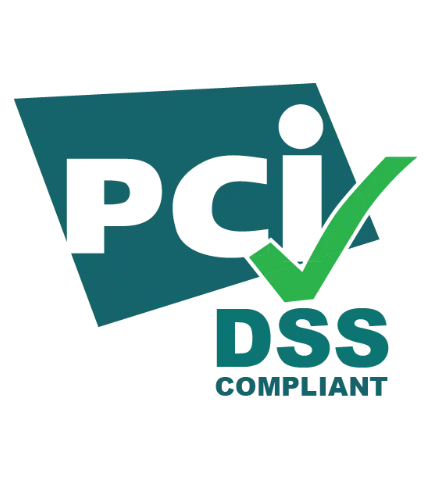
Nais will empower managers
There are many different opinions on motivating employees. Some argue that employees come to a company already motivated, and it is the employer’s job to avoid demotivating actions. Others believe that creating factors that actively motivate employees is key. Both theories have their supporters, resembling the classic chicken-and-egg question: what comes first? What drives an employee to join a company, and what influences their decision to leave?
The role of the boss in employee motivation
One thing is certain: employees join companies but often leave because of their boss. While it’s difficult to determine which of the above theories is more accurate, the fact remains that bosses have a significant impact on employee engagement and motivation. They directly influence how employees perceive their roles, evaluate their strengths and weaknesses, and decide how long they will stay with the company. Lack of authority and recognition from a boss can result in an employee deciding to change jobs.
Support for managers: our tool
In response to these challenges, we have developed a program for rewarding and recognizing teams and individual employees. Our tool aims to support bosses in their daily roles. It allows managers to directly reward employees and teams, aligning with a culture of regular feedback.
Changing the rules for accessing benefits
We also propose changes to the rules for accessing benefits and their perceived value to employees. By giving the benefits budget to managers, we enable them to strengthen relationships with employees more effectively. This approach can improve communication and relationships within the team.
The role of HR departments vs. direct supervisors
While HR department actions are invaluable, recognition from direct supervisors, especially when it is regular and personal, is extremely important. A direct “thank you” from a boss can significantly enhance their position and improve the work atmosphere.
Simplicity and enjoyment in managing the budget
At Nais, managing the rewards budget is simple and quick. It is not an additional burden but an opportunity to reward employees, which is enjoyable for both managers and employees. We view it as a valuable activity that benefits both parties.





































